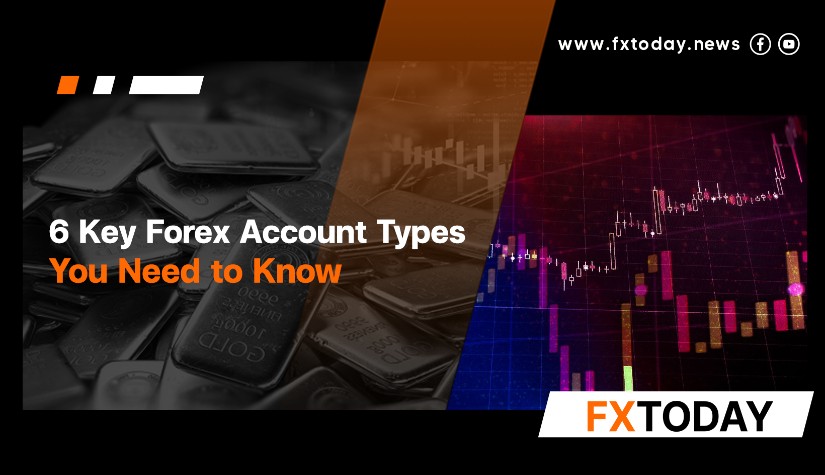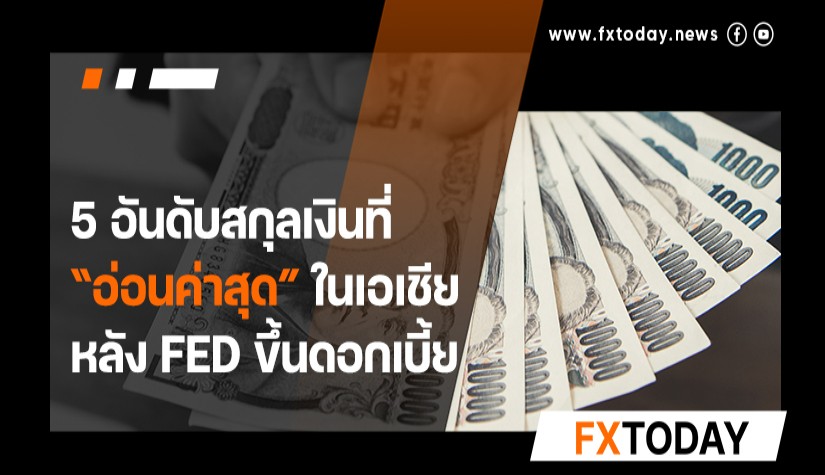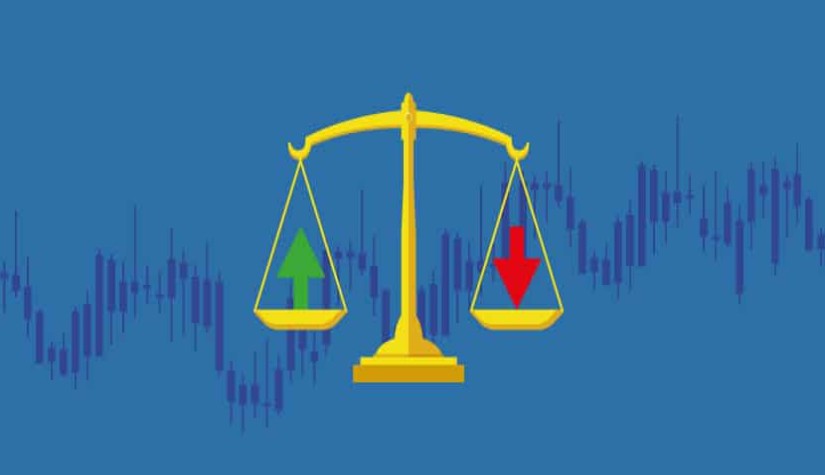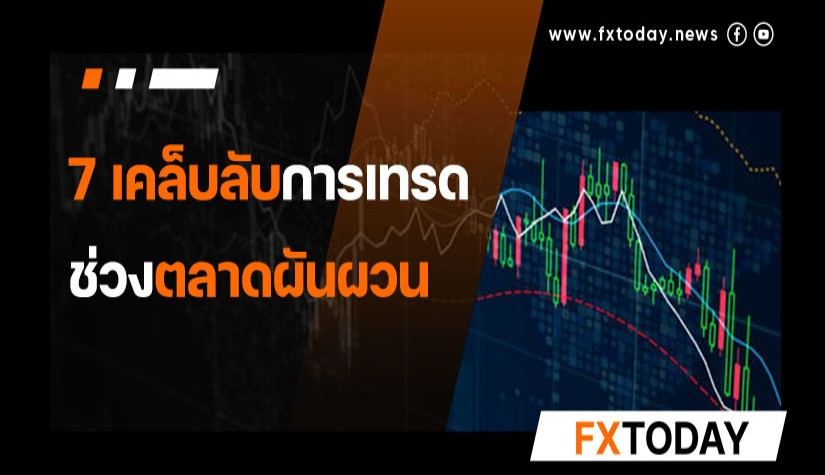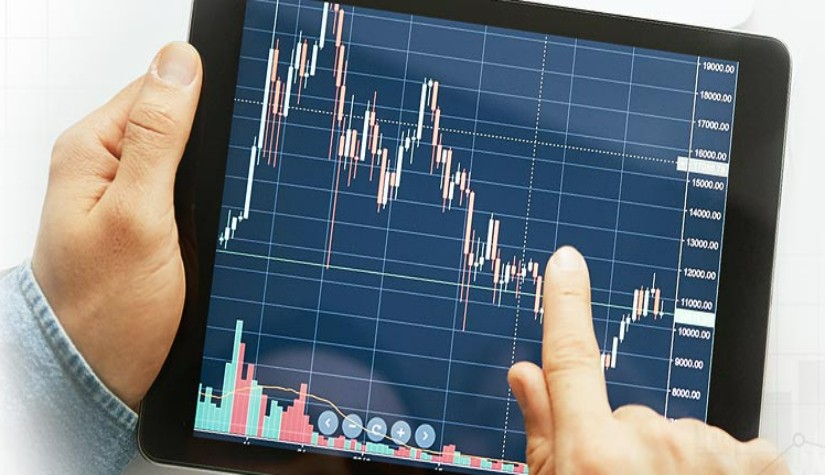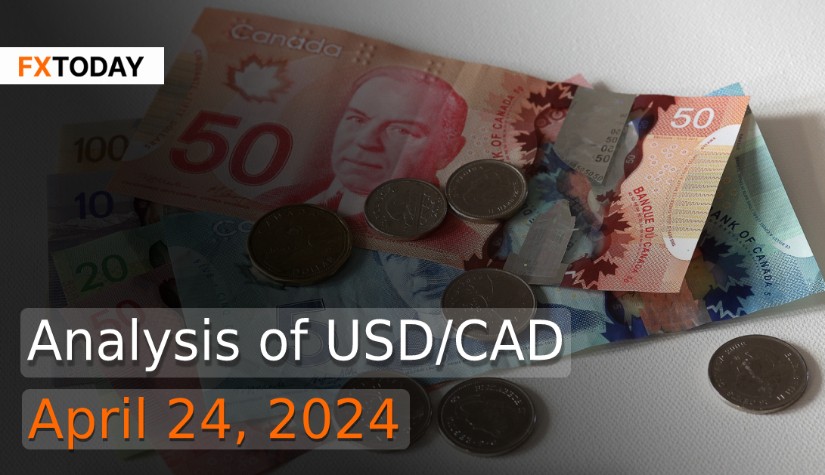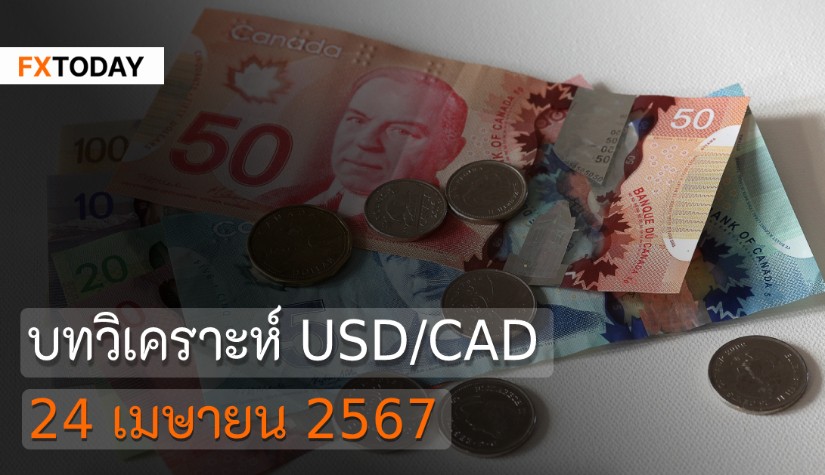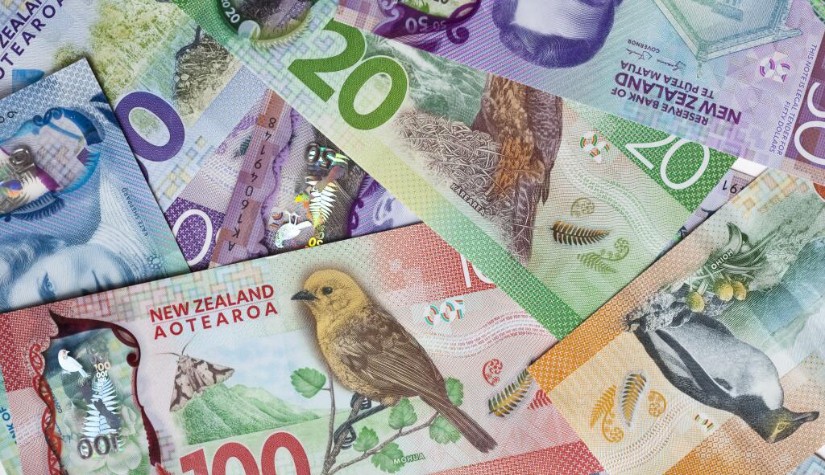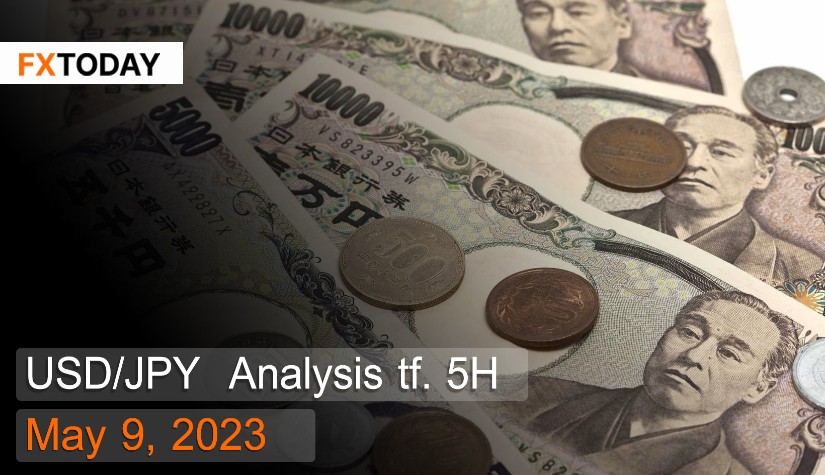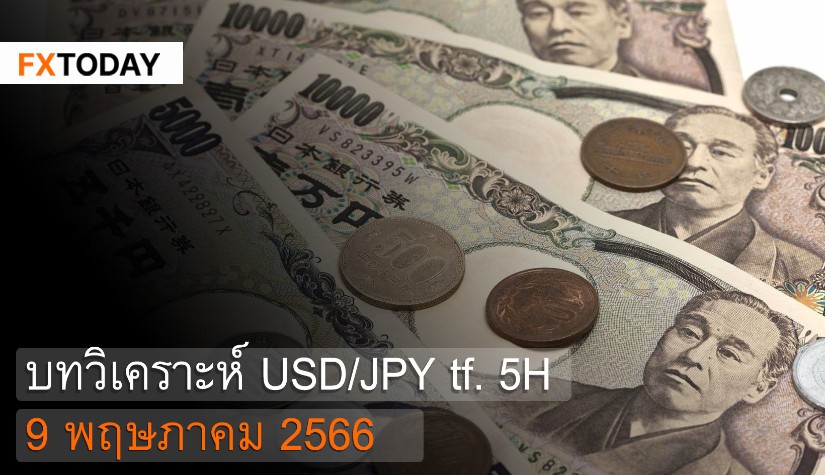Opening a Forex account is one of the significant initial steps for any trader in the Forex trading market. Various Forex accounts are available in the market, and the choice depends on the individual trader's needs and preferences. Different brokers offer a variety of account types, each with distinct features. In this article, we will explain the six main types of Forex accounts.
Forex Account Types: A Closer Look
1. Demo Account
A demo or practice account provided by brokers allows traders to experiment with their trading strategies in the Forex market. It offers the opportunity to trade using virtual money instead of actual funds. The account balance is usually set at $1,000 or as per the broker's constraint.
The significant advantage of a demo account lies in its ability to help beginner traders practice trading and gain experience without risking their capital.
2. Standard Account
The standard account is the most commonly offered account by brokers, providing traders with essential trading conditions such as competitive spreads and leverage options. Typically, the contract size for a standard account is fixed at 1 lot, equating to 100,000 units of the base currency.
The main benefit of this type of account is the requirement to deposit funds with a relatively low minimum amount, making it a viable option for traders with smaller capital.
3. Cent Account
As the name suggests, the Cent account is a type of account where the currency is converted into cents. When a trader deposits USD, the account will convert the amount into cents.
For example, if a trader deposits $100, it will be converted to 10,000 cents in the account. The contract size for a cent account is usually set at 1 lot cent, which is equivalent to 1,000 units. The advantage of a cent account is that it allows traders to have a more extensive portfolio size with smaller capital, making it easier for beginner traders to participate in Forex trading.
4. Micro Account
A micro account is similar to a standard account but with a smaller lot size, typically 1/100th of a standard lot. This means that 1 lot standard is equal to 100 lots micro. The contract size for a micro account is 1 lot, equivalent to 1,000 units. This type of account suits traders who prefer smaller lot sizes for their investments than their capital.
5. ECN Account
The Electronic Communication Network (ECN) account, more suited to experienced traders, offers relatively low spreads for certain currency pairs, at times as low as 0 pips, and guarantees high-speed order execution.
However, ECN accounts often involve commission charges for each trade. They also typically demand a higher minimum deposit. Traders desiring fast execution and low spreads will find ECN accounts beneficial.
6. Swap-Free Account
A swap-free account, also known as an Islamic account, is designed for traders who adhere to Islamic Sharia principles, which prohibit earning or paying interest. These accounts do not have swap charges for holding positions overnight. Swap-free accounts are suitable for traders who wish to avoid swap charges due to religious or personal beliefs.
Conclusion
From the discussion above, Forex account types vary depending on traders' needs, and brokers offer accounts with different features. Therefore, a thorough understanding of each account type can significantly assist traders in capturing their unique characteristics, empowering them to make informed choices when selecting a trading account.
______________________________
Maximize your knowledge: Blog
Keep up to date on global events: News
Updated
10 months ago
(May 22, 2023 16:18)

